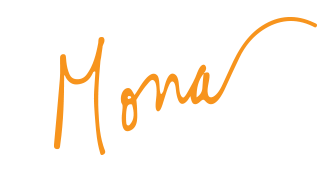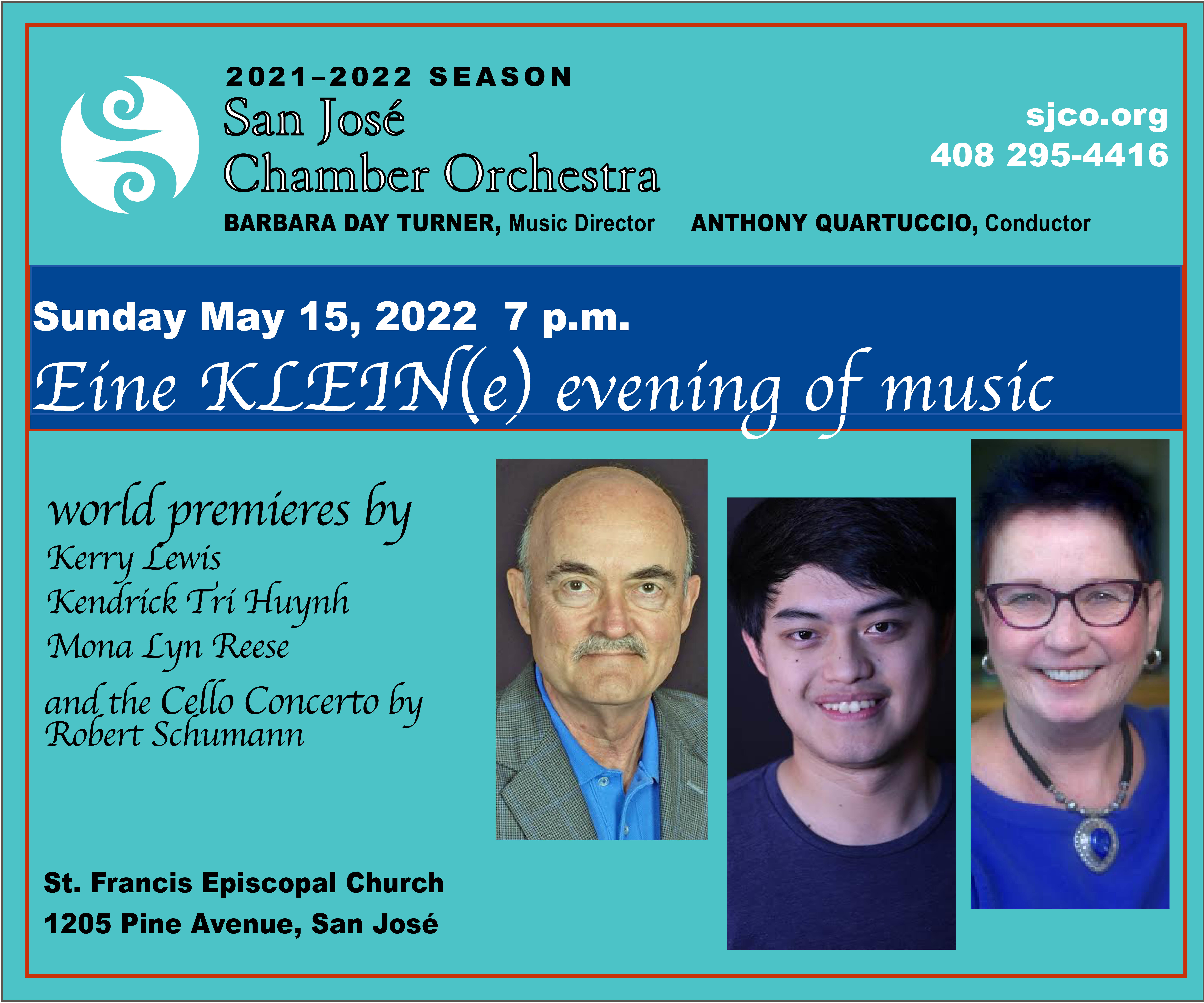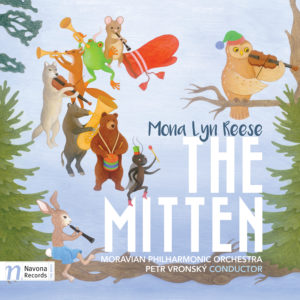Introducing Michael Sandvik, a fellow MusicSpoke composer. He writes lovely choral music and thinks about the business of getting it to you. Here’s what he has to say.
1. Composers will keep at least 50% of the copyright of their own piece.
I think a shift is coming, and in many cases (though not yet mainstream) is here. Composers will retain ownership of their pieces, or at least 50% ownership. Self-publishing is growing fast, in large part because composers want to retain the copyright of their pieces. However, the perks of publishing houses are still appealing to composers. I think a coming change with traditional publishers wishing to stay afloat will feature composers entering into contracts with publishing houses that share the copyright, giving exclusive retailing rights for a set period of time (perhaps indefinitely depending on conditions). 100% of the copyright will revert back to the composer if the publishing house goes out of business or decides to discontinue printing the piece (more on this later).
2. Composer sheet music royalties will increase significantly.
Self-publishing and retailing pieces through music distribution websites are giving composers a much higher percentage of their sheet music sales. Traditional publishing rates have been around 10%, but the alternative retailing options typically award composers 40% or much more (and often all of the mechanical and performance royalties). Additionally, most composers are largely doing their own engraving these days as well and a significantly larger portion of their own promotion, so one of the labor costs to traditional publishers is being reduced. With these factors playing in, composers are increasingly likely to seek out options that give them a higher percentage of the cut.
3. Permanently Out Of Print will cease to exist.
With the digital age, this should be a obvious. If a publisher decides to discontinue a piece, the copyright (and thus ownership) will revert back to the composer, who will be able to sell it personally. Publishers and composers may have an agreement that a piece will be sold digitally even if the publisher chooses to no longer print the piece, and so pieces should never disappear.
4. There will be a continued increase of self-publishing composers.
The composer advantages for self publishing are obvious including: composers own the copyright; composers get high percentage of the payment for sheet music sales; compositions never go out of print; composers receive performance/mechanical royalties as the publisher as well as composer.
Self-publishing is relevant and here to stay. In the past, the disadvantages to keeping one’s music artist owned have been significant, including the inability of most composers to get many pieces in connection with large amounts of conductors and performers. This is being mitigated largely by the interconnections of choral musicians through ACDA and other organizations, the internet, and music distributing websites.
The internet has given composers the ability to more easily connect with conductors, build relationships, and possibly have pieces performed. Composers can easily retail pieces from their personal websites. However it can be extremely tedious for conductors to visit dozens, if not hundreds, of personal websites to purchase repertoire.
There are fast growing solutions such as the concept of a composer consortium. In it, a group of composers band together and pool resources to promote their pieces to larger audience than they could reach on their own. A great example of this (and perhaps the model for the future) is the Northwest Choral Publishers, which features four excellent composers who have a mix of artist owned and traditionally published works. I think the future will see an increase in the composer consortium concept.
Music distributing sites that sell artist owned music especially mitigate this drawback (inability to reach large swaths of conductors rapidly). Online distributing companies/services like MusicSpoke, Swirly Music, and even JWPepper and Sheetmusicplus are creating hubs of artist owned music that conductors can search to find quality repertoire. I believe we will see more and more high quality composers retailing their music through these venues. Below I give a more detailed description of these four distributing websites and their relevance to the future of music publishing.
5. Composers will need to market their own music.
This is already true for almost all successful composers, but the need will continue to increase. I think the major factor besides the obvious increase of self-publishing (artist owned music must largely be artist own promoted) is the fact their are so many good composers these days. To be able to get one’s music into the hands of conductors, composers will have to be intentional about making connections. It will be important for us composers to have a personal code of decency and polite conduct when making connections with conductors. It will also be important for us conductors to be open to personal connections with composers, as this may be the only way to find some of the great repertoire that will be available in the future.
A Review of Four Artist Owned Distributing Sites Relevant To The Predictions
***Disclaimer: While I am not remunerated for these reviews by any of these websites, I do have scores retailing with MusicSpoke and Sheetmusicplus.***
In my opinion, MusicSpoke and Swirly Music are the two best distributing websites for artist owned repertoire. The quality of scores on these sites parallels that which I find from highly reputed publishers.
MusicSpoke is a for profit distributing company that is highly innovative and I believe is the leader in setting many of the future trends for sheet music distribution. It provides vetted music for it’s buyers, but it does not vet compositions, rather the vetting takes place on the level of the composer. Composers demonstrate their quality, and then control which pieces are retailed through MusicSpoke. They also regularly have booths at conventions, have reading sessions of their music, and make connections with conductors on behalf of their composers.
Swirly Music does not technically vet their composers, rather they are a not for profit service that composers use. Composers upload a few pieces for free, and then pay a very small fee per title after that. It is a very composer friendly system that is used by a high number of quality composers. Their service allows for digital score purchasing and quality printed scores. They also promote their composers at booths during music conventions.
JWPepper and Sheetmusicplus have some incredible artist owned choral pieces being retailed through their website services, but it is not vetted music. This means a person may have to sift through a lot of poorly written, poorly edited, or poorly presented music to find the gems, not dissimilar to sifting through loads of junk on cpdl (although more efficient). I think JWPepper and Sheetmusicplus are ultimately hoping that quality pieces will sift themselves up in the search rankings on their sites by virtue of the number of sales they incur. In theory, this should eventually leave a mix of traditionally published and artist owned pieces whenever someone searches for music on the sites.






No comments yet.